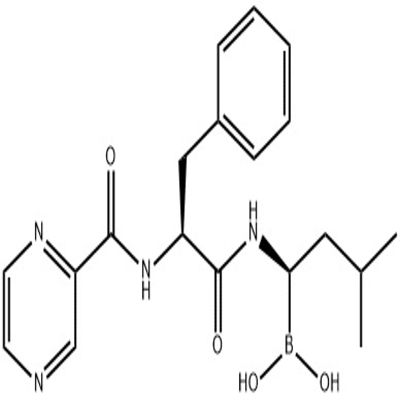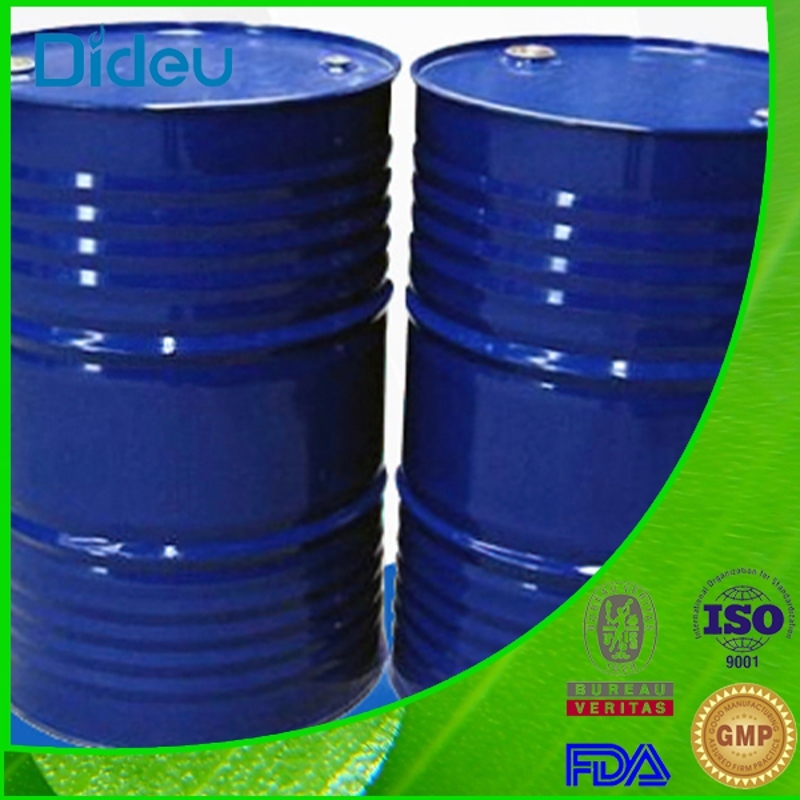-
Categories
-
Pharmaceutical Intermediates
-
Active Pharmaceutical Ingredients
-
Food Additives
- Industrial Coatings
- Agrochemicals
- Dyes and Pigments
- Surfactant
- Flavors and Fragrances
- Chemical Reagents
- Catalyst and Auxiliary
- Natural Products
- Inorganic Chemistry
-
Organic Chemistry
-
Biochemical Engineering
- Analytical Chemistry
-
Cosmetic Ingredient
- Water Treatment Chemical
-
Pharmaceutical Intermediates
Promotion
ECHEMI Mall
Wholesale
Weekly Price
Exhibition
News
-
Trade Service
The Synthetic Routes of BENZO[B]THIOPHENE-2-CARBONYL CHLORIDE
BENZO[B]THIOPHENE-2-CARBONYL CHLORIDE is an important intermediate in the production of several pharmaceuticals, dyes, and other chemical products.
It is also used as a building block for the synthesis of other complex organic compounds.
The synthetic routes for BENZO[B]THIOPHENE-2-CARBONYL CHLORIDE vary depending on the starting materials and the desired product.
One of the most commonly used synthetic routes involves the reaction of benzaldehyde and 2-chlorothiophene with sodium hydroxide in the presence of a solvent such as ethanol or water.
The reaction produces the corresponding carboxylate salt, which is then hydrolyzed using a strong acid such as hydrochloric acid to yield the desired BENZO[B]THIOPHENE-2-CARBONYL CHLORIDE.
Another synthetic route involves the reaction of benzaldehyde and 2-chlorothiophene in the presence of a Lewis acid catalyst such as aluminum chloride.
The resulting product is then treated with a base such as sodium hydroxide to produce the desired carboxylate salt, which is then hydrolyzed as described above to yield the final product.
A third synthetic route involves the reaction of benzaldehyde with 2-bromothiophene in the presence of a phase transfer catalyst such as diisopropyl ethylamine.
The resulting bromide salt is then treated with sodium hydroxide to produce the carboxylate salt, which is hydrolyzed as before to yield the final product.
The selection of the synthetic route depends on the availability and cost of the starting materials, as well as the desired product properties.
The above routes are some of the most commonly used methods for the synthesis of BENZO[B]THIOPHENE-2-CARBONYL CHLORIDE, but other methods may also be employed depending on the specific requirements of the synthesis.
One important consideration in the synthesis of BENZO[B]THIOPHENE-2-CARBONYL CHLORIDE is the removal of any impurities that may be present in the starting materials or that may be produced during the synthetic process.
This is important to ensure that the final product meets the required purity standards for pharmaceutical or other applications.
Another consideration is the solubility of the product in the desired solvent.
In some cases, the solubility of the product may be improved by adding various solubilizers or co-solvents.
In other cases, the synthesis may be modified to produce a product that is more soluble in the desired solvent.
The synthesis of BENZO[B]THIOPHENE-2-CARBONYL CHLORIDE is an important process in the chemical industry, and it has a wide range of applications in the production of various chemicals and pharmaceuticals.
The selection of the appropriate synthetic route will depend on various factors, including the desired product purity and solubility, as well as the availability and cost of the starting materials.







